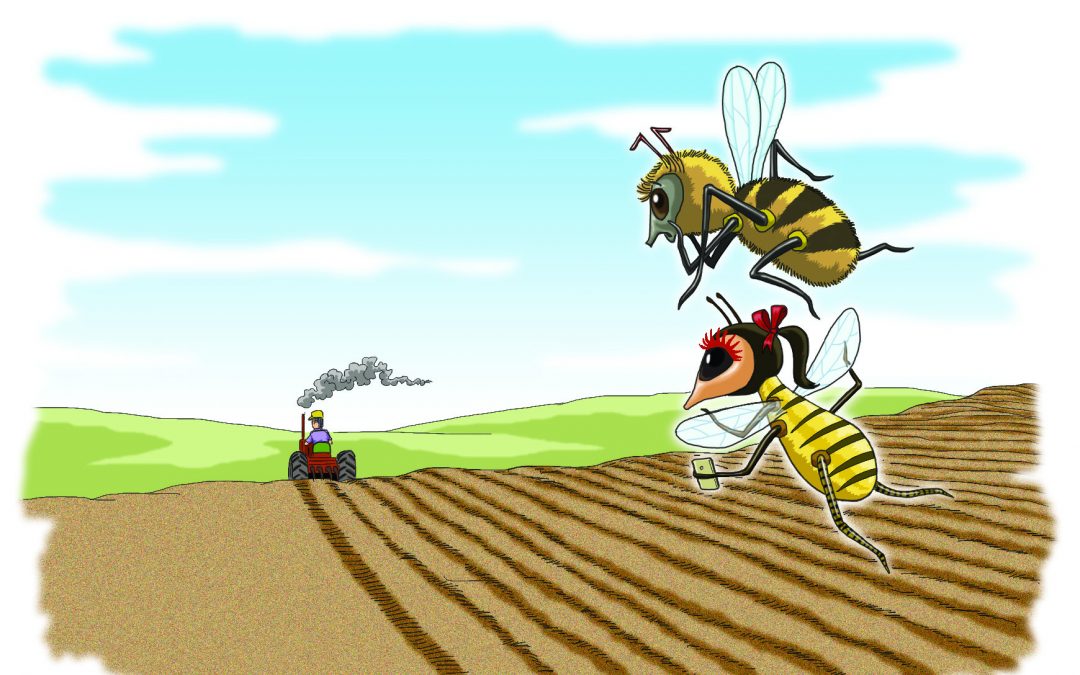We often here about the exponential rate of change becoming faster and faster. Consider this quote by Thomas L. Friedman to cement the point:
“Today, ‘later’ is officially over. ‘Later’ will now be too late”.
This quote implies a profound increase in the rate of change in business. It was said over a 100 years ago that everything that could be invented has been invented. My how we have progressed since the 19thcentury. Consider this paradigm shift: Whatever can be done will be done. The question is, will it be done by you or to you? We can no longer sit back assume it will not be done. (That is complacency). It will either be done by you or by a competitor or someone else, because both are early adopters.
Consider this: In the world of AI and big data every company can sensorize. It can capture all the data around its business. Now, a company can actually know what it knows. Then it can take that data and analyze it. It can find the smallest details of its data as the norm, not the exception. It can see patterns it could never see before.
We can now do all kinds of predictive analytics. We can customise with speed. We can localise with pinpoint accuracy. We can socialize to thousands of people at a time, if not millions. We can leverage social networks to connect with anyone we wish – our customers, our suppliers, and our employees in ways we never could before. We can digitize and automate every job and product and service faster and faster.
Consider all of these things and you have a clearer idea and a better understanding of the rate of change businesses (large and small) are experiencing and have to adapt to. The research indicates that perhaps just 20 percent have completed this process. That is scary. It indicates that a profound change still needs to happen for many businesses to be competitive. It will catch up with you faster than you think. When is a good time to change? When do we need to act? When do we need to increase our urgency? NOW!
Adapted from “Thomas L. Friedman and James Manyika: The world’s gone from flat, to fast, to deep.”





